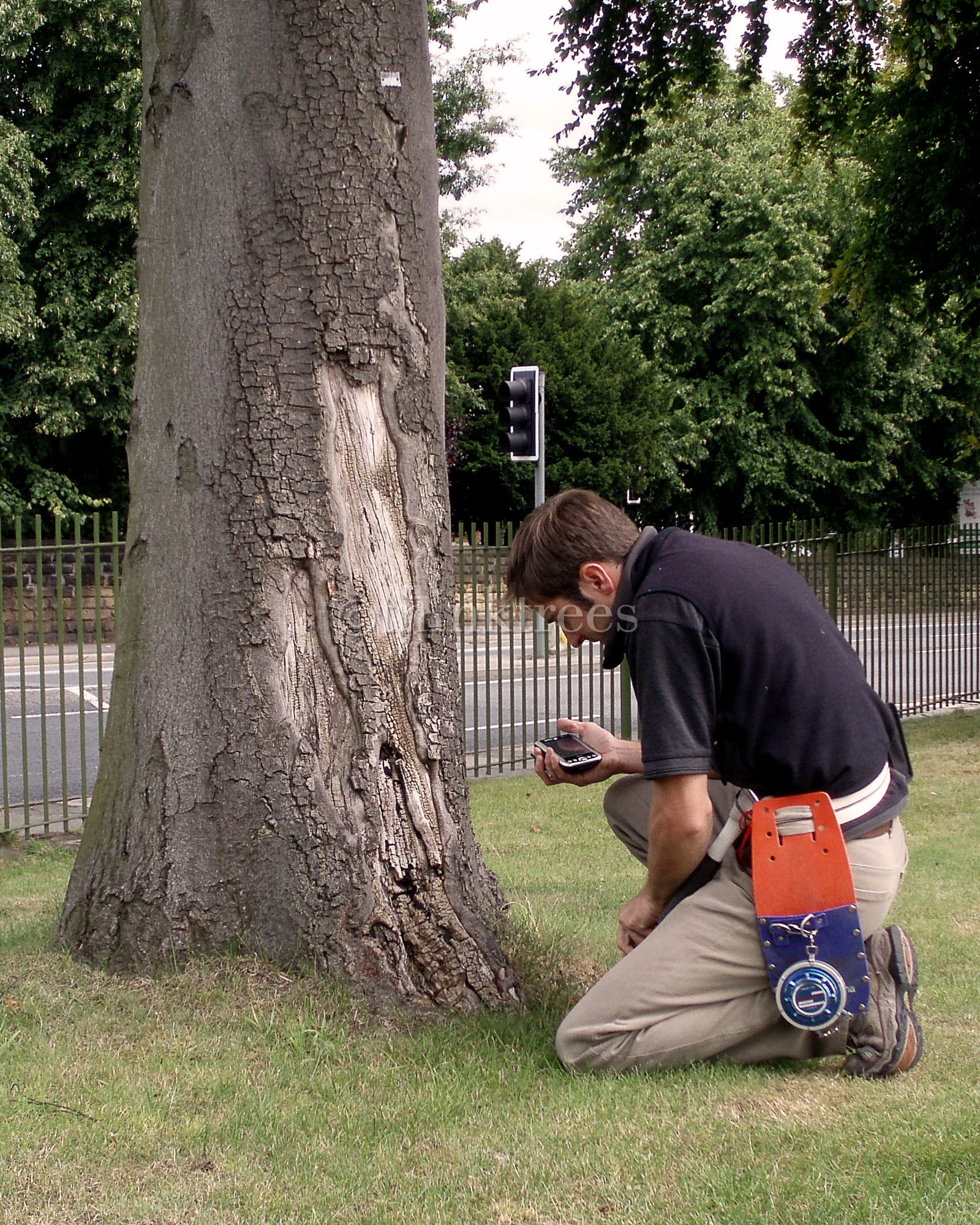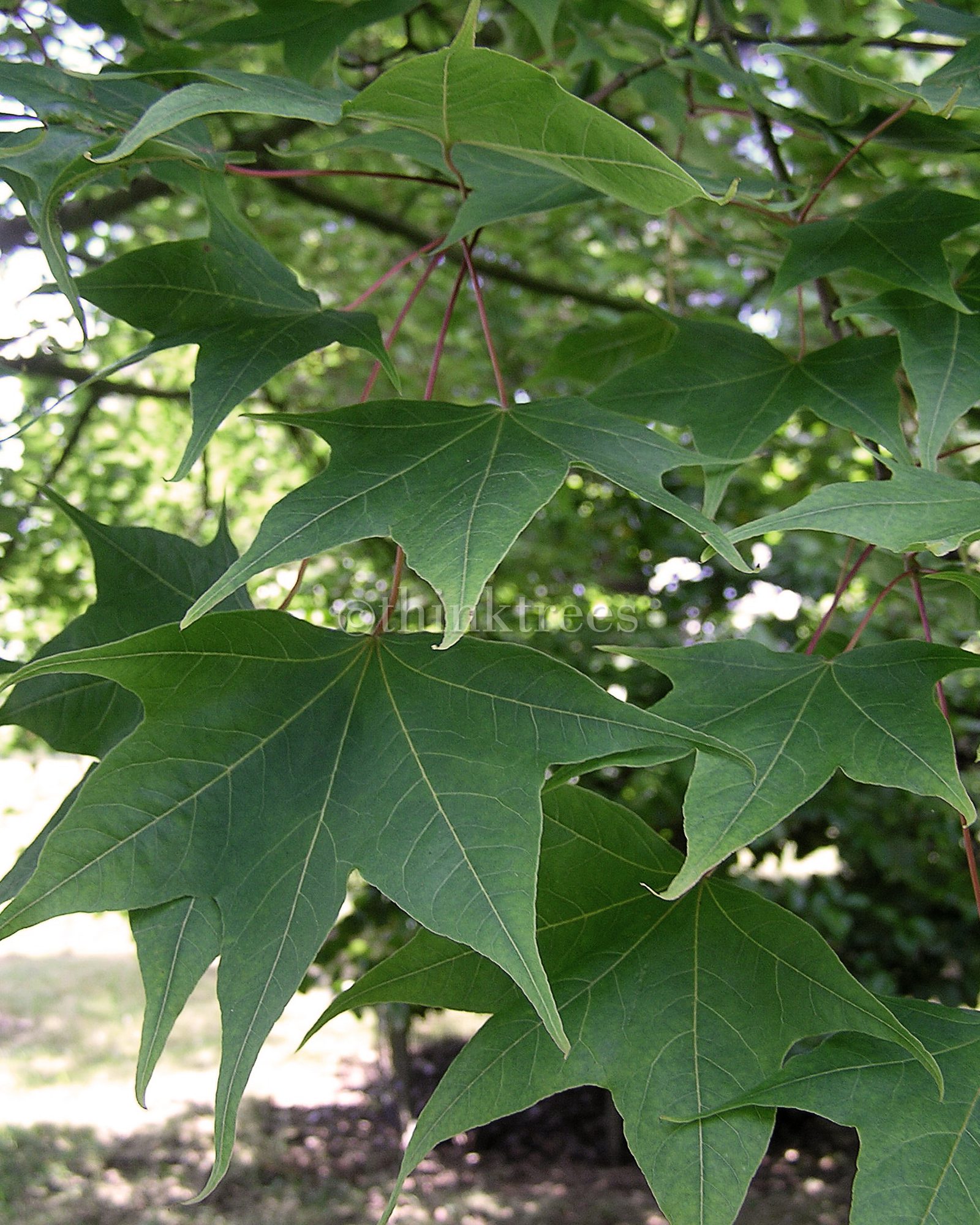Tree care
We adopt a scientific approach to tree care. In addition to visual assessment, we can carry out decay mapping, soil analysis and measure the chlorophyll fluorescence of leaves to assess accurately the condition of trees, diagnose health problems and recommend any remedial action that might be required.
Tree surgery is often required to enable trees to exist in the built environment. Trees growing in close proximity to structures and overhanging roads may need to be pruned to provide adequate clearance. Crown reduction may also help to stabilise a mechanically compromised tree. However, tree surgery is often carried out for the wrong reasons or when it is simply not required. The removal of branches and photosynthetic material is likely to have an adverse effect on the trees ability to transport water from the roots, produce energy by photosynthesis and resist attack from pathogens.


Compaction is the compression of soil, resulting in an increase in bulk density. It is brought about by excessive loading of the soil surface in wet conditions or by continued loading by traffic and so on. Compaction reduces porosity, hydraulic conductivity, drainage and aeration within the soil. This reduces the availability of essential plant nutrients, often leading to the decline of the vegetation that it supports.
The application of organic mulch has a number of benefits including; the conservation of soil moisture, a reduction in soil erosion, improvement of soil fertility, the suppression of weeds, and the buffering of soil temperatures.
We are able to implement, where necessary, management programs such as soil de-compaction and amelioration, and the application of organic mulches.


